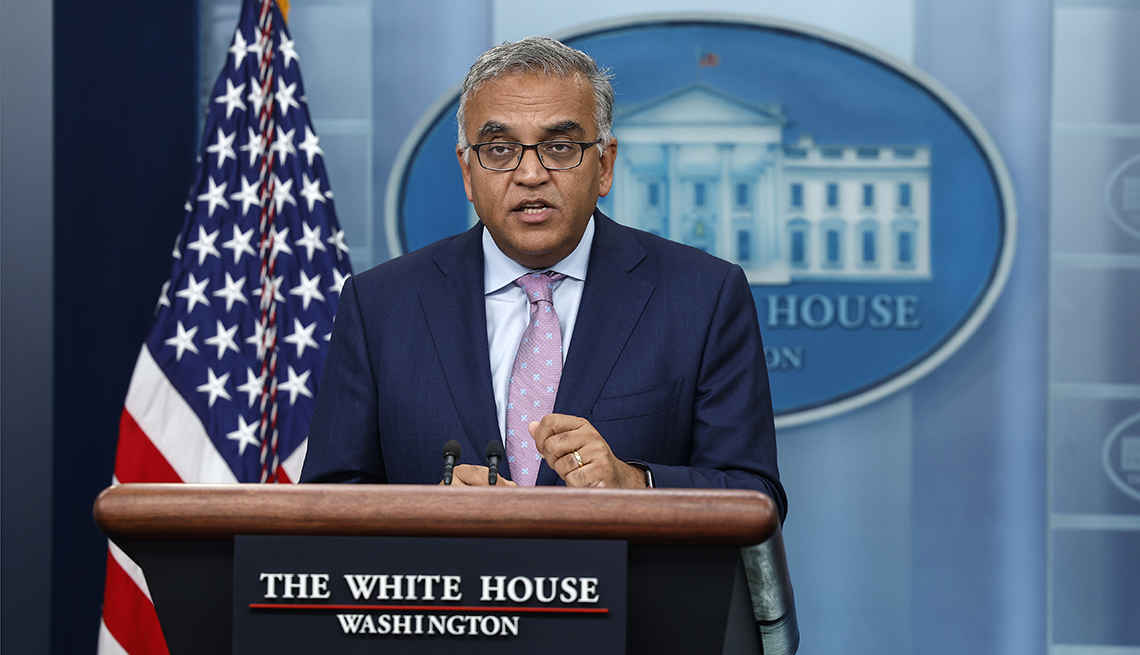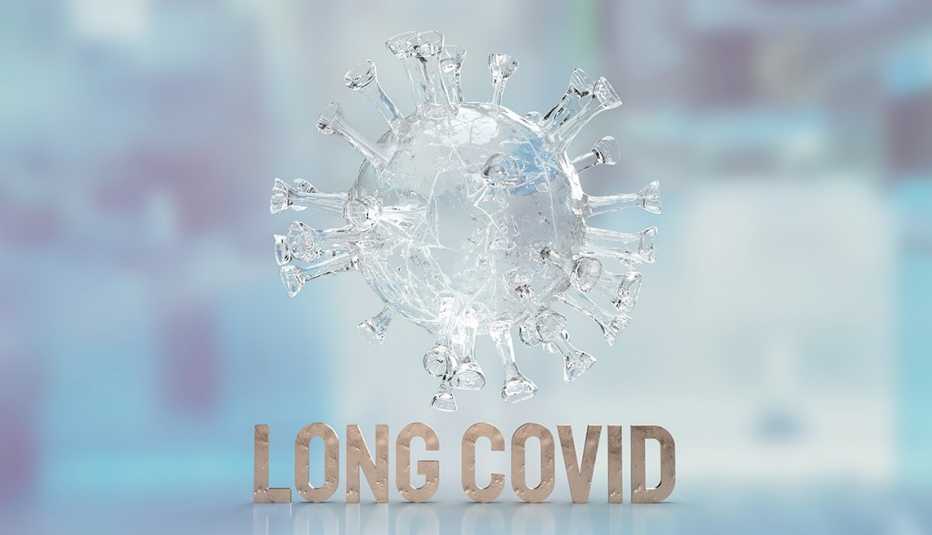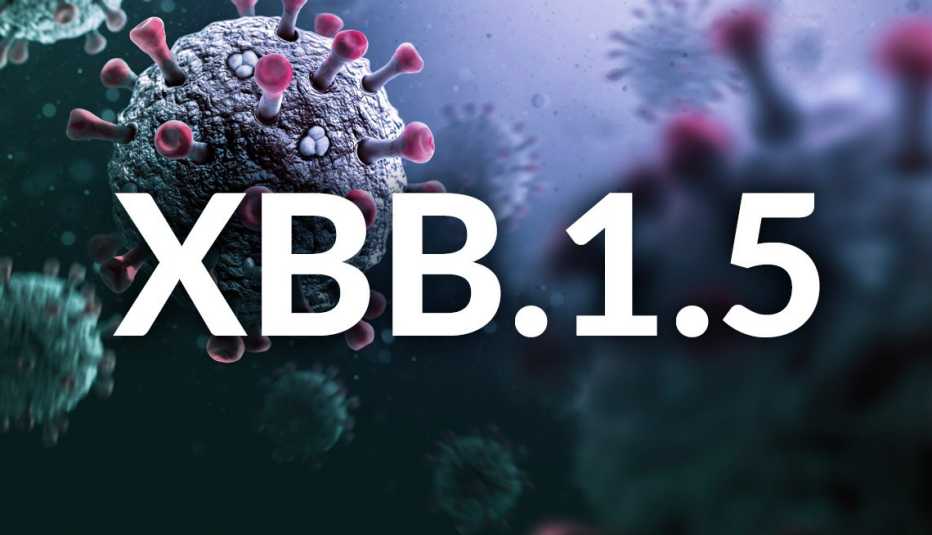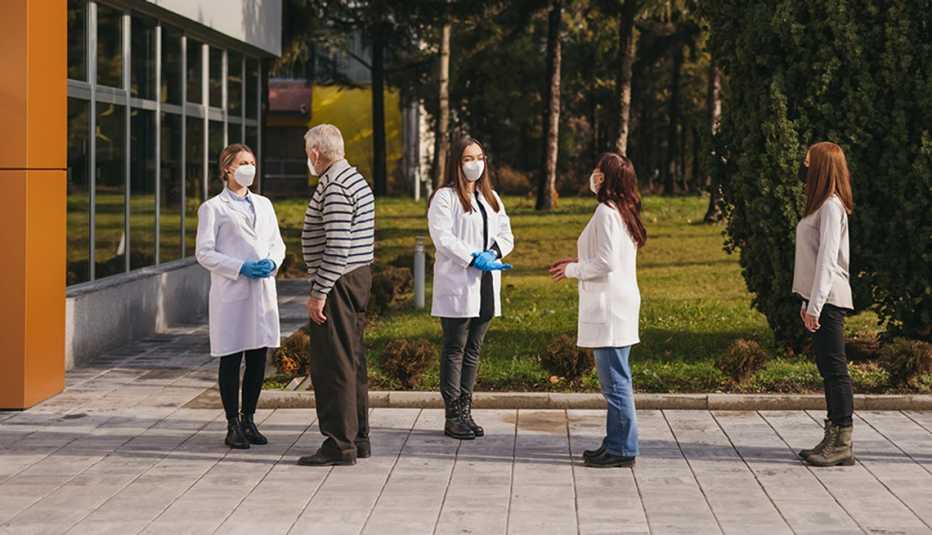Staying Fit
The early days of the pandemic seem like both yesterday and a distant memory. But one thing’s for sure: We’ve come a long way since then.
We now have vaccines to help block serious complications from COVID-19 and treatments to curb severe illness, along with a suite of other protective measures that can help keep us safe while coexisting with COVID.


AARP Membership— $12 for your first year when you sign up for Automatic Renewal
Get instant access to members-only products and hundreds of discounts, a free second membership, and a subscription to AARP the Magazine.
With a symbolic end to the pandemic on the horizon, Ashish Jha, M.D., the White House COVID-19 response coordinator, looks at life beyond the coronavirus, including lessons learned, and explores how we might deal with disease outbreaks in the future.
How will we be better prepared for the next “virus out of nowhere”?
Because of this crisis, we’ll have better surveillance capabilities for diseases. If a new pathogen comes up, we’ll test wastewater around the country and figure out exactly where that pathogen is spreading. In early 2020, we didn’t even know where the virus was. Developing the vaccines in under a year was a miracle of science that saved millions of lives. We still have to do better. In the future, we’ll want to build vaccines in four or two months rather than eight.
Going forward, how should the government address the distrust, ignorance and disdain many people have for science?
You build trust by being trustworthy. When people don’t trust the information they’re getting, they go looking for alternative sources and that creates the context for misinformation and disinformation to really thrive. How do we fix that? Number one is reminding Americans that science is not a destination; it’s a process. What scientists knew about the virus at first is certainly different than what we know about the virus today, and that doesn’t mean we were wrong then or we’re wrong now. It just means science is about the evolution of knowledge.






































































